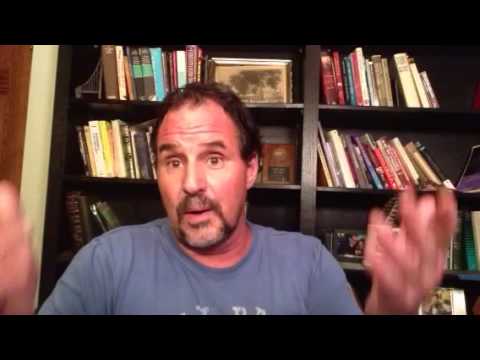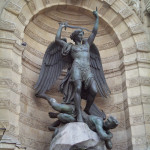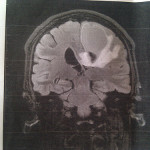We run our website the way we wished the whole internet worked: we provide high quality original content with no ads. We are funded solely by your direct support. Please consider supporting this project.

Why God Sometimes “Can’t”
Greg continues his thoughts on sickness and spiritual warfare by addressing the question of why God “can’t” intervene in some circumstances of illness.
Category: Sermons and Video Clips
Tags: Free Will, freedom, God, Prayer, Problem of Evil, Sickness, Warfare Worldview
Topics: Open Theism, Spiritual Warfare, Cosmic Conflict
Related Reading

The Warfare We Have Inherited
Image by Chris Sardegna Jesus’ miracles over nature, as well as his healings, exorcisms and especially his resurrection, were definite acts of war that accomplished and demonstrated his victory over Satan. These acts routed demonic forces and thereby established the kingdom of God in people’s lives and in nature. But their primary significance was eschatological. People…

The Most Quoted Old Testament Verse
No other passage from the Old Testament is quoted more by New Testament authors than Psalm 110:1. Its frequent citation should cause us to pay attention to what is being said. It reads: The Lord says to my lord, “Sit at my right hand until I make your enemies your footstool.” In David’s day, it…

Let Us Pray
Per Ola Wiberg via Compfight It’s appropriate to pray and reflect and run to God when tragedies like the one in Newtown, CT take place. We wanted to share a couple of things we found helpful around the blogosphere as we struggle through our sadness. T.C. Moore shared some thoughts on Darkness, Advent, and Newtown CT on…

A Video Introduction to Open Theism
Here’s a video clip on Open Theism from Greg’s sessions with Travis Reed with The Work of the People. What is Open Theism? Open Theists affirm that God knows all of reality perfectly, so Open Theism really is about the nature and content of the future. Does the future contain real possibilities? We have to wrestle with…

Does God Inflict Physical Disabilities?
In Exodus 4, we find Moses claiming that he could not be used by Yahweh to get the children of Israel out of Egypt because he was “slow of speech and tongue.” To this Yahweh replies, “Who gave human beings their mouths? Who makes them deaf or mute? Who gives them sight or makes them…

Why Did God Heal or Not?
In 1996 a 27-year-old man in my church named David was diagnosed with an inoperable brain cancer. The doctors decided to send David to the Mayo Clinic to receive some experimental treatments on the slim hope these might at least prolong his life. The night before David left, I and a dozen other people went…
